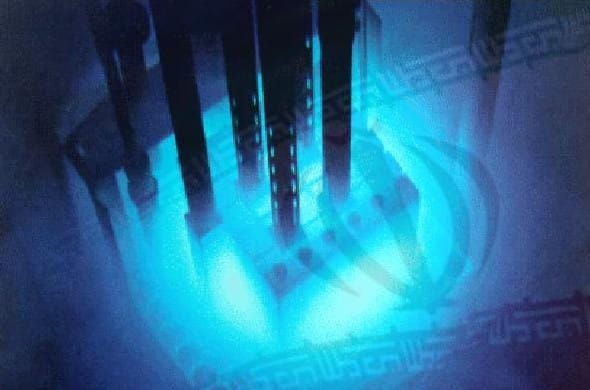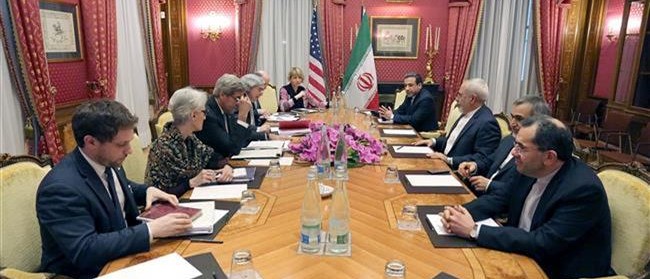Iran Nuke Talks May End with Statement Instead of Accord
… by Tova Dvorin and Gil Ronen, … with Israel National News
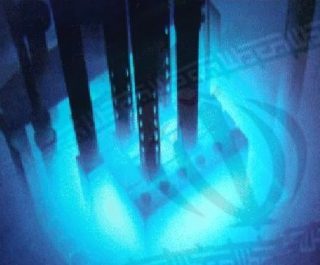
[ Editor’s Note: A “letter agreement” comes as no surprise. All indications show that they are still at logger heads on several key issues, but no one wants to walk away from the talks at this point.
On the down side, pushing things out to the June end date gives Bibi and his Congressional espionage wing more time to pass additional sanctions trying to frame Iran for Yemen, and of course not the Saudis who are hardly under any potential threat from Yemen, Houthis or no Houthis.
On the upside, both Iran and the P5+1 can show to their domestic critics that they have been tough bargainers, as their opposition will claim they “rolled over” anyway. The negotiators need to be able to show that such criticism is just partisan pettiness so it boomerangs around on them at the end of the day.
And for the rest of us, thank God, it will put to rest what the media rumors say the participants have agreed to so far, and what they haven’t. Obama will be attacked for the first part, and he can use this time to rally public support to his side for part one… and prepare for the second assault when part two is done.
I can see it being a better strategy to only have to defend half of the deal at one time and give people time to understand and get comfortable. It also starts staking out the flag that it is not just Obama who has agreed to these things, but all the P5+1 members AND Iran. This is a key part of gradually isolating the opposition. I hope it works… Jim W. Dean ]
_________________________
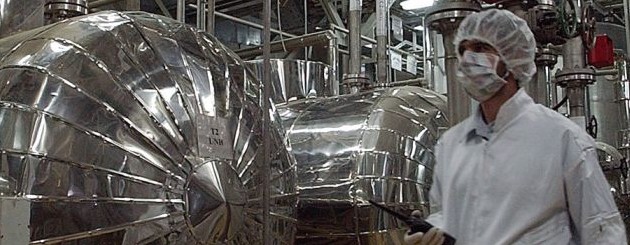
– First published … March 31, 2015 –
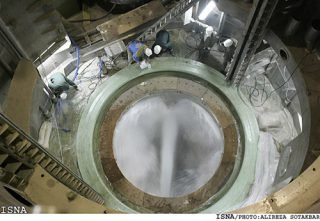
World powers were meeting for Iranian nuclear negotiations on Tuesday morning, for the final day of talks in Lausanne, Switzerland.
A morning session of the talks ended earlier than scheduled, after just 35 minutes, without results.
Reports from Lausanne say that the talks may not end in a framework agreement, as had been hoped, but rather with a joint statement that outlines the points of agreement and disagreement between the sides. This. supposedly, would make it possible to continue the talks for another two months.
Citing officials who demanded anonymity because they are not authorized to comment, the AP reported that the joint statement will be accompanied by technical documents. One of the officials told the news agency that differences remain between the sides.
Powers involved include the US, Russia, Britain, China, Germany, and France.
The main issues include how long restrictions on nuclear proliferation should be in effect; how gradually they are lifted; how long United Nations (UN) sanctions will be in effect; how gradually they will be lifted; and disagreements over a potential non-compliance clause.
The first meeting for Iran talks’ “D-Day” convened at dawn local time, according to the Telegraph, and was followed by the world powers holding a 25-minute meeting to confirm their positions before being joined by Iranian Foreign Minister Javad Zarif.
Russian Foreign Minister Sergei Lavrov, who briefly left the talks Tuesday and is returning before the midnight deadline, predicted in comments to reporters that the chances of success are high.
“The prospects of this round of talks are not bad, even good I would say,” Lavrov stated in Moscow Tuesday morning. “The chances are high. They are probably not 100 per cent but you can never be 100 per cent certain of anything.” “The odds are quite ‘doable’ if none of the parties raise the stakes at the last minute,” he added.
Iran and the six world powers are trying to turn an interim agreement signed in 2013 into a permanent one.
On Sunday, reports emerged that a provisional agreement on key elements of Iran’s nuclear program had been reached, but Iran denied those reports.
Meanwhile, the US has also denied that Iran backed out of an apparent deal in the works to ship nuclear material out of its country as part of a permanent agreement. US officials stated Monday they were still negotiating with their Iranian counterparts on how to dispose of Iran’s nuclear stockpile and said shipping the atomic fuel out of the country was still a possibility.
On Sunday, however, Iran’s deputy foreign minister, Abbas Araqchi, clarified that Tehran does not intend to send stockpiles of enriched uranium abroad.

Jim W. Dean was an active editor on VT from 2010-2022. He was involved in operations, development, and writing, plus an active schedule of TV and radio interviews.
ATTENTION READERS
We See The World From All Sides and Want YOU To Be Fully InformedIn fact, intentional disinformation is a disgraceful scourge in media today. So to assuage any possible errant incorrect information posted herein, we strongly encourage you to seek corroboration from other non-VT sources before forming an educated opinion.
About VT - Policies & Disclosures - Comment Policy

